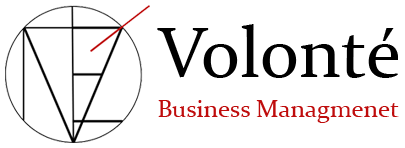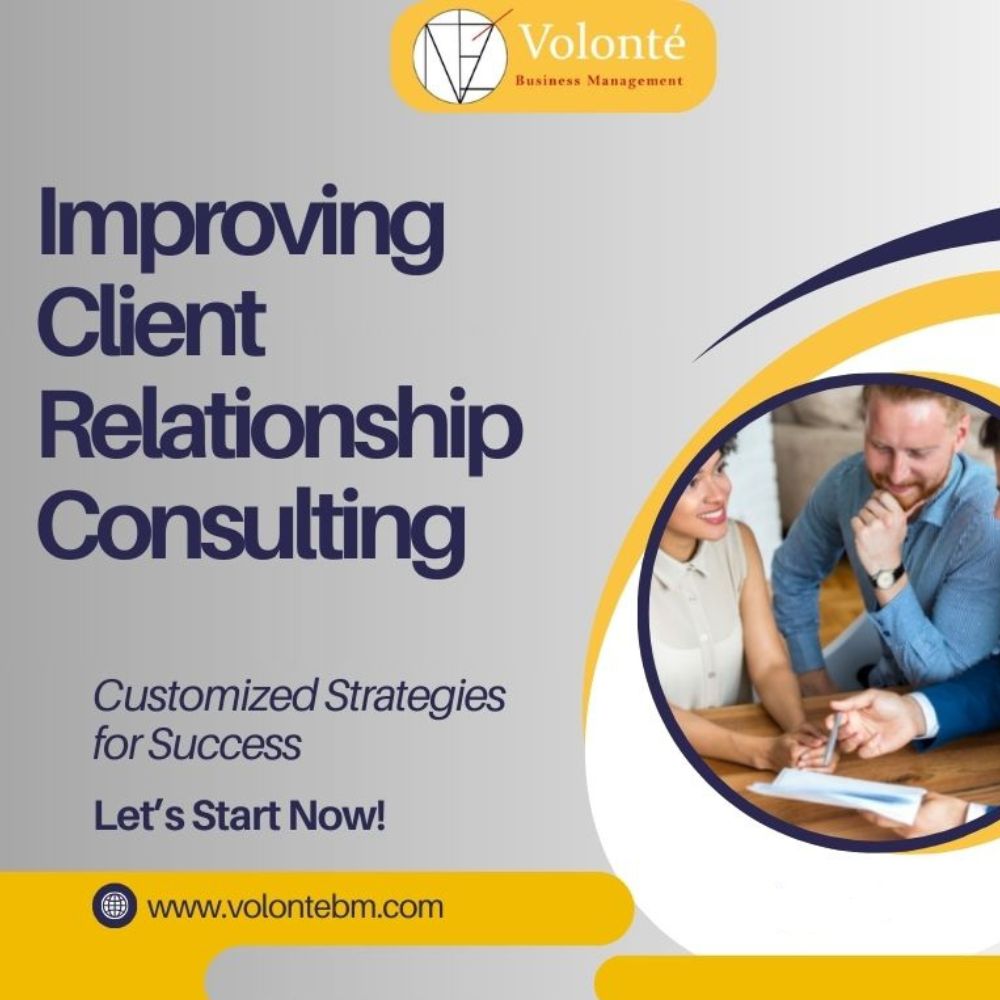As consulting professionals, building and maintaining strong relationships with our clients is crucial for the success of our business. A positive client relationship not only leads to repeat business and referrals, but it also allows us to better understand and meet our clients’ needs.
Communication is Key
Effective communication is the foundation of a successful client relationship. It is essential to establish clear and consistent channels of communication with your clients. This includes setting expectations for how often you will communicate with them, what methods of communication will be used, and who they should contact for different types of inquiries.
Regularly checking in with your clients, whether it is through in-person meetings, phone calls, or email updates, shows that you value their input and are committed to keeping them informed. It also allows for any potential issues or concerns to be addressed promptly.
Understanding Your Client’s Business

In order to provide valuable and relevant consulting services, it is important to have a deep understanding of your client’s business. This includes their industry, competition, target market, and overall goals and objectives. Taking the time to research and familiarize yourself with your client’s business will not only build trust, but it will also enable you to provide tailored and effective solutions.
Be Proactive
Being proactive in anticipating your client’s needs is key to maintaining a positive relationship. Take the initiative to suggest new ideas, strategies or solutions that could benefit their business. This not only shows your expertise and value as a consultant, but it also demonstrates your commitment to their success.
Communication is Two-Way
Effective communication is a two-way street. In addition to keeping your clients informed, it is important to actively listen to their feedback and concerns. This allows for open and honest dialogue, and can lead to a stronger partnership. Remember to always be respectful and professional in your communication, even when addressing difficult topics.
Continual Improvement
As a consultant, it is crucial to continually improve your skills and knowledge in order to provide the best possible service to your clients. Stay updated on industry trends and advancements, attend conferences or workshops, and seek feedback from both your clients and colleagues. This dedication to learning and growth will not only benefit your clients, but also set you apart from other consultants in the field.
Ethical Considerations
When working with clients, it is important to maintain a strong ethical code of conduct. This includes maintaining confidentiality, avoiding conflicts of interest, and always acting in the best interest of your client. These actions not only build trust with your clients, but also ensure that you are providing ethical and responsible guidance.
Building strong and lasting relationships with clients is crucial for success as a consultant. By being proactive, fostering effective communication, continually improving your skills, and adhering to ethical standards, you can establish yourself as a trusted advisor and valued partner to your clients. Remember to always approach each client and project with professionalism, integrity, and a commitment to delivering results. With these principles in mind, you can thrive as a consultant and help your clients achieve their goals. As the consulting industry continues to evolve, it is important for consultants to adapt and stay ahead of emerging trends and technologies. This requires constant learning and growth, but also opens up opportunities for innovation and providing cutting-edge solutions to clients. Embracing a mindset of continuous improvement will not only benefit your clients, but also keep you competitive in the ever-changing consulting landscape.


 عربي
عربي












